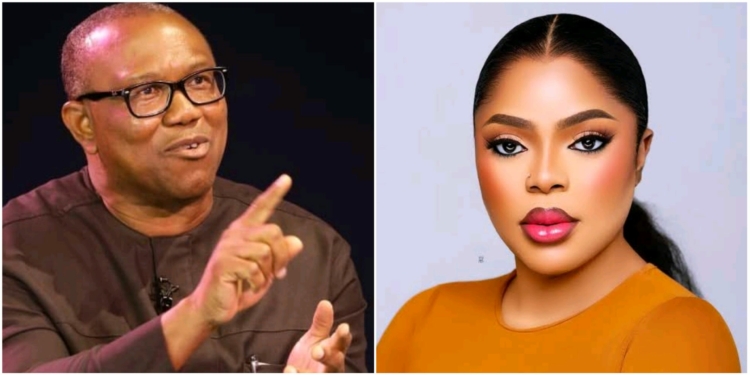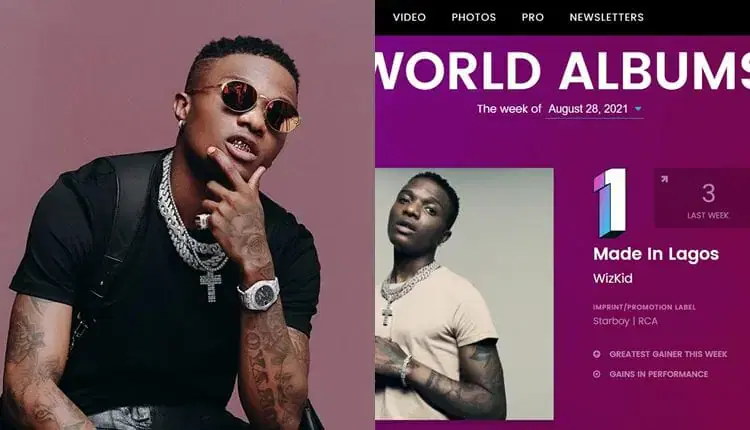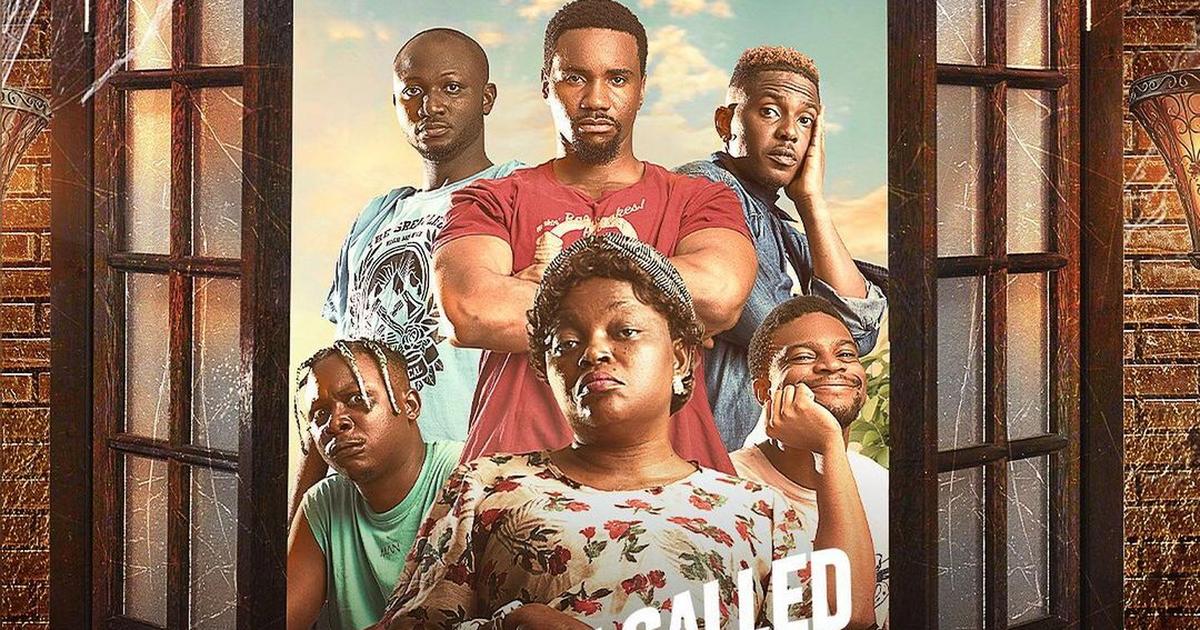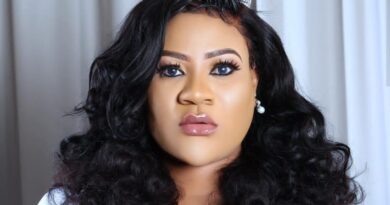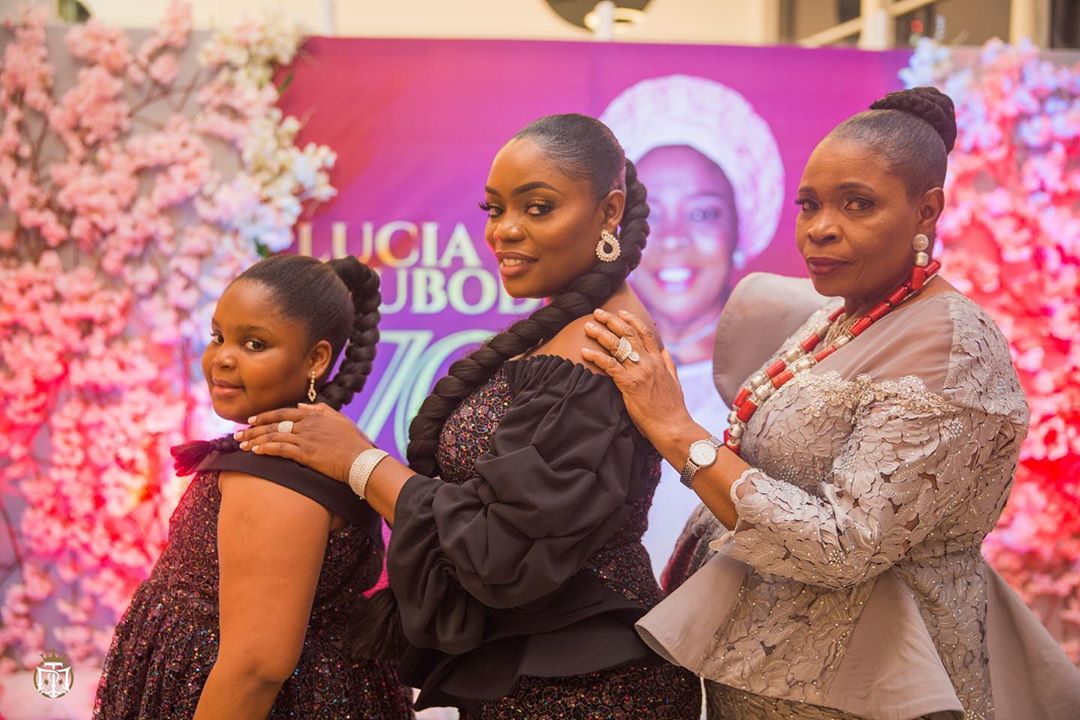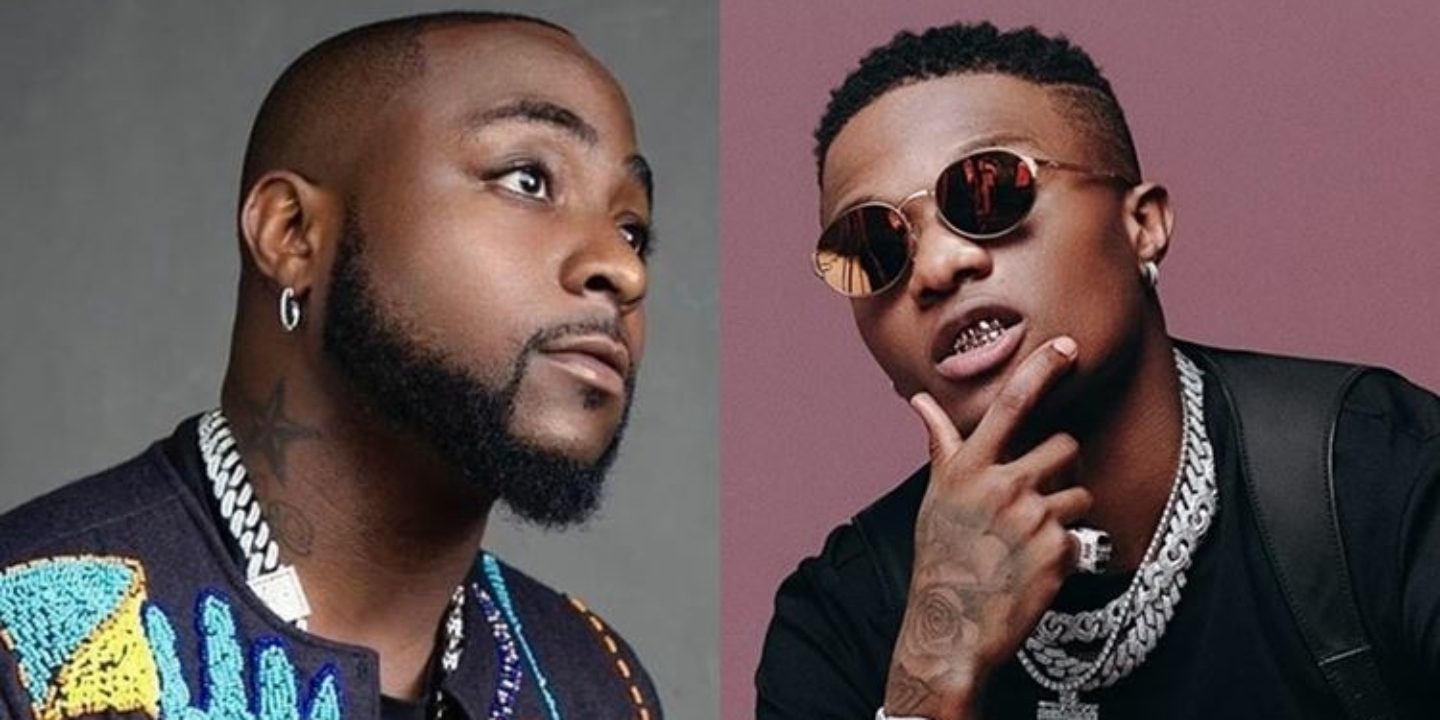In his discussion, Obi expressed concern over the amount of national attention being focused on Bobrisky’s lifestyle instead of addressing the serious issues facing Nigeria. He highlighted the irony of the situation by suggesting that if the government were to enact laws that favored women over men, those currently criticizing Bobrisky might also feel compelled to adopt a cross-dressing persona for their survival. His humorous take on the situation elicited laughter from those present, yet it also sparked a considerable backlash.
Critics have been quick to respond to Obi’s comments, pointing out what they perceive as hypocrisy. Many have highlighted his son, Oseloka, referencing his past appearances in LGBTQ-focused magazines. These detractors argue that Obi’s family background diminishes his ability to criticize others, particularly Bobrisky, who has faced similar scrutiny.
The accusations against Obi’s family are not new. Earlier in January 2024, Oseloka Obi was at the center of controversy after social media users uncovered his support for LGBTQ rights, leading to intense speculation and discussion about his activities. This past has given critics additional ammunition to question Obi’s stance on the issue and label him as hypocritical.
While some supporters agree with Obi’s critique of misplaced priorities in national discourse, others have expressed disappointment and anger, believing that personal attacks on his family detract from the issues he was attempting to address. The tension surrounding his comments illustrates the complex and often contentious nature of discussions related to LGBTQ rights in Nigeria, a country where such topics remain deeply polarizing.
As the conversation continues, it remains to be seen how Obi will navigate the fallout from his comments and the implications they hold for his public image. The reactions to his statements underscore the broader societal debates regarding LGBTQ issues, public figures, and the often intense scrutiny they face in the media.

